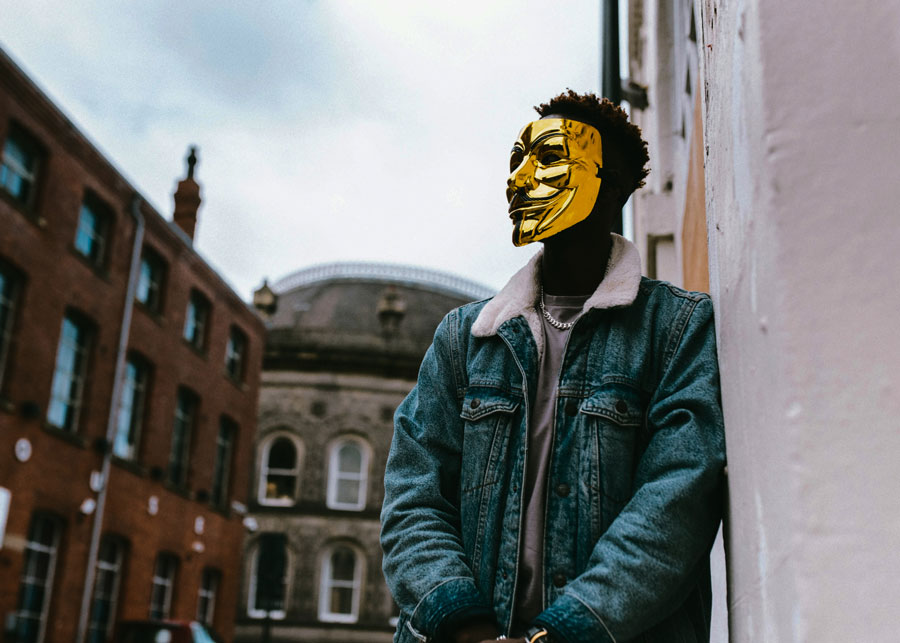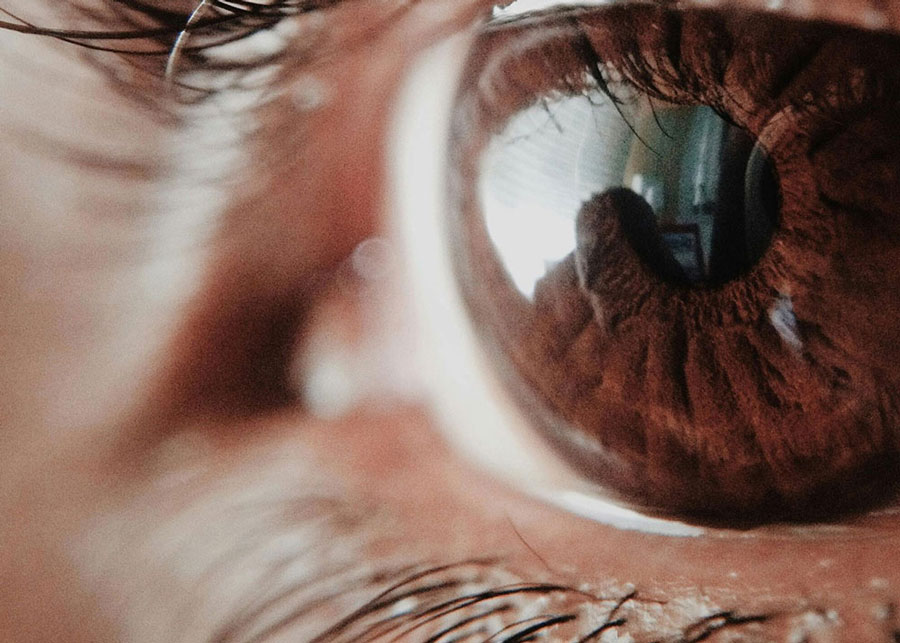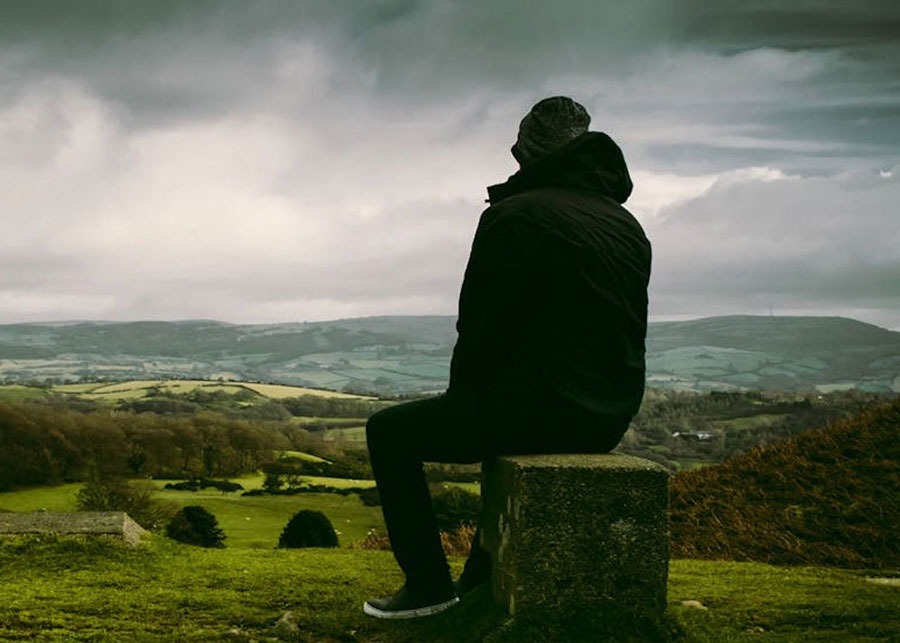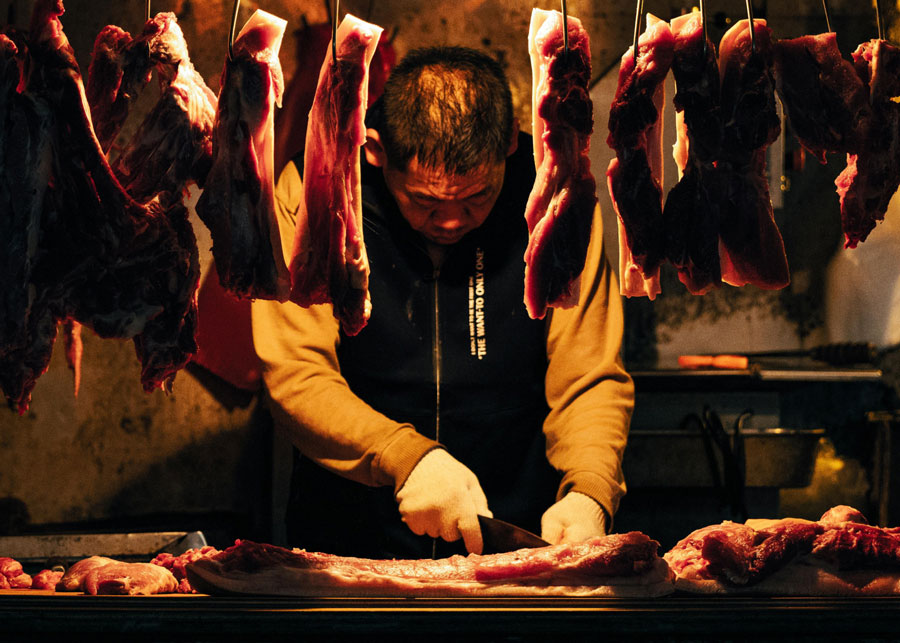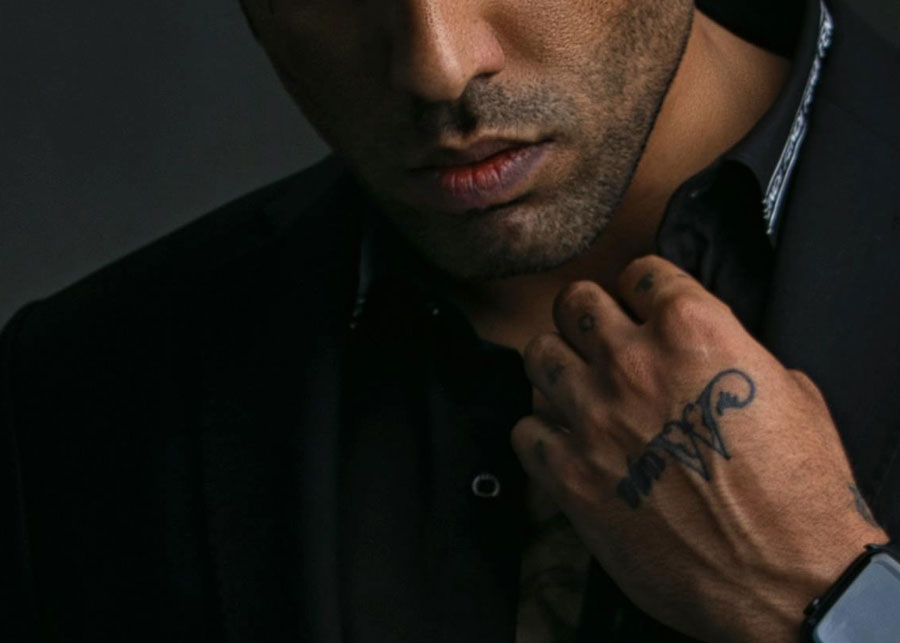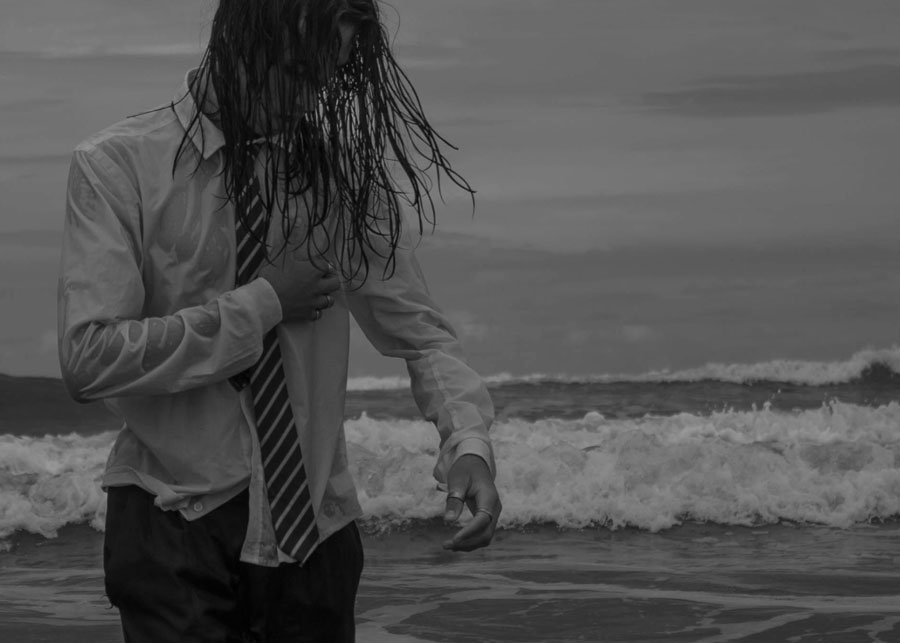How to stop drowning in your own pain
Your pain feels personal because it’s loud. But it’s not unique — and that’s exactly what can save you.
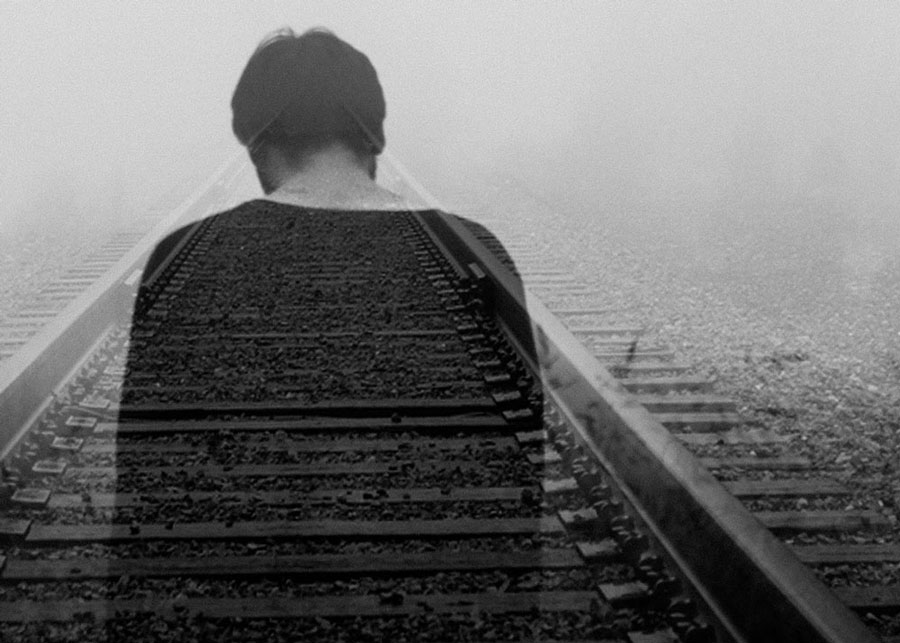
I’ve been through my fair share of pain. The kind that sits heavy. The kind that doesn’t just show up in hard moments, but lingers in the background, quietly shaping how you move through the world. At some point, I realized I had to figure out how to live with it. Because pretending it wasn’t there wasn’t working. And letting it take over would’ve just pulled me under.
For a long time, I thought my pain was different. Not more important, not more dramatic, just uniquely mine. And honestly, there was something comforting about that. Like if no one else had felt this exact kind of pain, then maybe it meant something. Maybe it mattered more.
But here’s the problem with that belief. It isolates you. It starts off feeling like a soft place to land, but over time, it becomes a wall that keeps people out. And before you know it, you’re not just in pain. You’re alone in it.
That kind of isolation is one of the hardest things to carry. It convinces you that no one could possibly understand. And eventually, you start to mistake your pain for your identity. The pain stops being something you’re going through and starts becoming your name. And once that happens, it stops feeling like something you carry... and starts feeling like somewhere you live.
But the truth is, we’re not nearly as different as we think we are.
Yes, your experiences are unique. The details, the context, the specifics — they’re yours. But the emotions underneath? Those are universal. We all know loneliness. We all know fear. We all know heartbreak. Everybody is carrying something. Some are holding quiet disappointments. Some are wrestling with grief that hits without warning. Some of us... are just tired.
Just because someone hasn’t lived your life doesn’t mean they don’t know what it feels like to be lost. And when you start to recognize that, something shifts. You stop feeling so alone. You begin to see the patterns we all share.
One of the biggest turning points in lessening the pain is letting go of the idea that everything revolves around you. And that’s not a judgment. That’s human. When you’re in pain, the world shrinks. It gets quiet. It gets dark. Everything starts to feel personal.
But staying in that space for too long only makes the pain louder. It traps you in your own head.
Then something changes.
You sit with someone else’s story, and suddenly your own begins to feel smaller. Not in a way that erases it, but in a way that reminds you it’s not the only thing that exists. You begin to realize you’re not the only one trying to find solid ground. You’re not the only one trying to figure it out.
Pain shrinks when the world grows bigger than you.
So you shift your focus outward. And when you do, something opens. When you start paying attention to another person’s life — their worries, their hopes, what lights them up — you step outside your own echo chamber.
Freedom begins when you care about something beyond yourself. And in doing that, you reconnect with the world beyond your own thoughts.
I think that’s what people really mean when they say to love others. And yes, when you’re in a hard place, that can sound cheesy or out of reach. But it’s not about being cheerful. It’s about choosing connection over isolation, even when it’s uncomfortable. It’s about letting someone else’s story matter more than your own, even just for a little while.
And if you’re not sure where to begin, start here. Have one real conversation this week. Ask someone what keeps them going. What weighs on them. What they’re hoping for. What they care about. What brings them joy. And really listen. Not to fix. Not to respond. Just to hear them.
Because sometimes, the most direct path back to yourself... is through someone else’s story.
